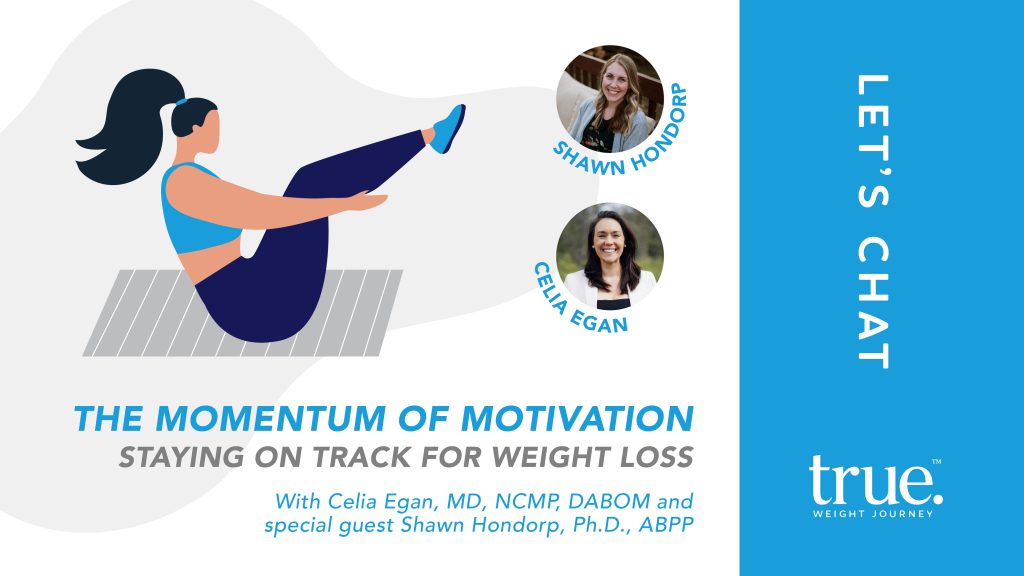
In this week’s Let’s Chat, we discussed how to maintain motivation in weight loss. This is one of Dr. Egan’s favorite topics! Also joining us was Dr. Shawn Hondorp, a board-certified clinical health psychologist who has a podcast called Motivation Made Easy: Body Respect, True Health. She uses her knowledge of psychology and personal experience to help women understand the mental aspects of disordered eating and the reasons they encounter barriers to motivation. Dr. Hondorp describes how our minds don’t know how to differentiate between restrictive eating and a restrictive mentality. If you have your diet on the mind, even while giving in to minor indulgences, your brain will still be in starvation mode and want to binge. She presented her barriers to competence model, which includes the diet cycle of cravings/hunger, overeating, restriction, and guilt.
Even if someone doesn’t meet the criteria for binge eating disorder, there are many women that engage in binge-eating behaviors that negatively impact their health and self-image. There are patterns that should be considered red flags by those that engage in them such as eating in secret or persistent feelings of shame after. The same goes for restrictive eating; it’s more about how the person feels and their relationship with food than the habits themselves.
Relying on willpower itself isn’t a sufficient means of weight loss, Dr. Hondorp says. “Self-control gets depleted if we use it too much.” Instead, we should work on awareness of our body’s signals. Diet culture, or fighting against our every desire and sticking to a strict diet plan with no relief, is not going to be sustainable. Cravings are often a manifestation of our negative thoughts about that food. We need to examine our thoughts about it. When we consider a food to be forbidden, it makes us want it more.
We have some take-home tips for you as always. The first is to evaluate what your relationship is with food. The second is to identify the barriers to your healthy thoughts about food. Social conditioning through social media, magazines, tv, and the like is prominent when it comes to food, though it can also come from family and friends. Tip number three is to know your phase of ovarian function. Our fourth tip is to consider therapy with a specialist if you find yourself having a significantly unhealthy relationship with food. There are many out there who can help! Our last tip is to know the role of weight loss medications in your journey. Some people do need that extra aid.
If you are in need of a referral to a therapist who will help heal your relationship with food or would like to discuss the possibility of weight loss medications in your journey, we’d be more than happy to help. Book an appointment with us so we can discuss your options! We hope this conversation has changed the way you look at motivation and allowed you to be a little bit easier on yourself when you give in to those cravings. Contact us if you have any questions related to this week’s topic.

OUR PROGRAMS
RESOURCES
CONTACT US
SUBSCRIBE